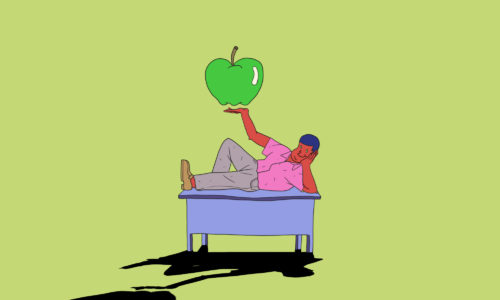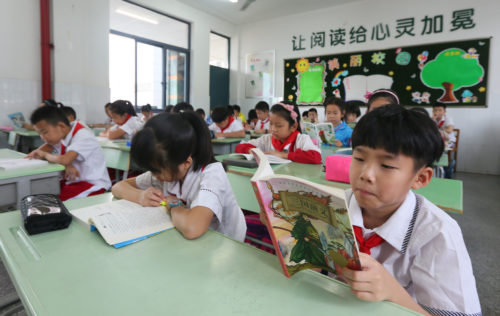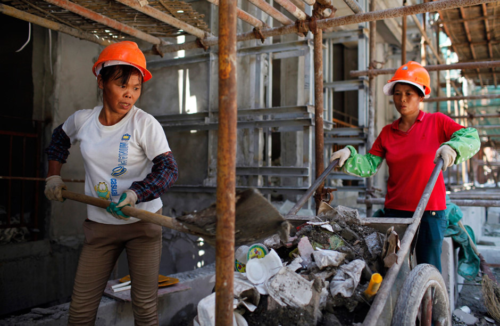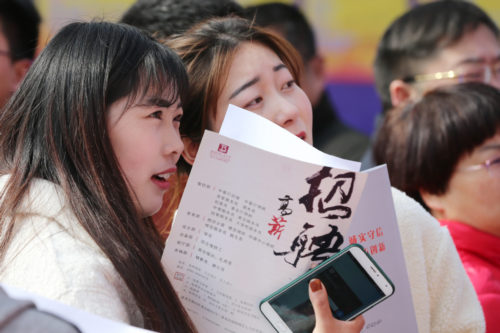Trendy Chinese toy retailer POP MART under fire for sexist questions in job interviews
POP MART, a multibillion-dollar business selling toys in “mystery boxes,” says nearly 70% of its workforce is female. So why has it been asking women about their pregnancy plans during job screenings?
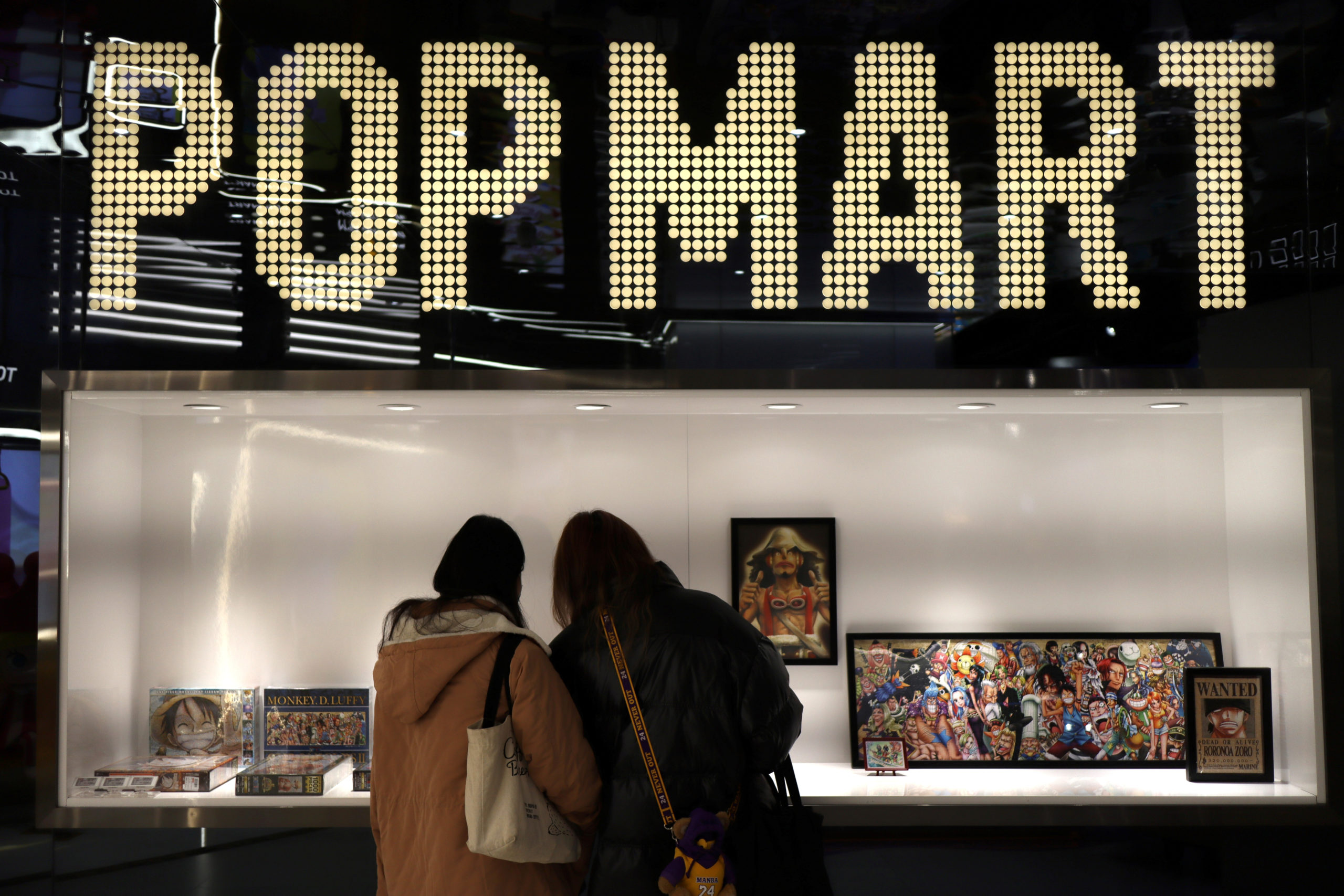
Chinese toy maker POP MART, the company that has ridden a craze for “blind boxes” to a $7 billion valuation, has pledged to improve its hiring practices after being called out for asking female candidates about their pregnancy plans in job interviews.
The firm became the center of controversy this week when an internet user shared a photo of a pre-interview screening questionnaire used for recruitment. While most of the questions were standard, revolving largely around an applicant’s personal information and availability, one part stood out.
“Do you have plans to become pregnant in the near future?” it asked. “If so, how soon?” a follow-up question read. Only female job applicants had to fill out this section, according to the document.
After the photo was posted, commentators on Chinese social media accused POP MART of singling out female job-seekers when inquiring about future childbearing plans, which they saw as evidence that the company treated single, childless women less favorably in the hiring process, possibly due to concerns about employees taking time off work for pregnancy leave.
“Let me translate this question for POP MART: We are hoping to hire more women with no plans to start a family!” a Weibo user wrote (in Chinese). Another one commented (in Chinese), “It’s 2021 and I can’t believe women are still dealing with this kind of nonsense. Also, this is an indicator that POP MART is a shitty place to work.”
The responses also revealed that it’s not uncommon for female job-seekers in China to be asked about marital status or family plans in an interview. “I was asked the same question when interviewing for a job lately. I understand where these companies are coming from, but it still makes me uncomfortable,” a person wrote (in Chinese). Others pointed out that while hiring managers ask about plans to have children all the time, most companies manage to get away with it because they don’t put the question on paper. “They will find out your marital status, one way or another,” another commented (in Chinese).
China news, weekly.
Sign up for The China Project’s weekly newsletter, our free roundup of the most important China stories.
Founded in 2010 by then 23-year-old CEO Wáng Níng 王宁, POP MART started as a retailer of lifestyle commodities, including toys, home goods, and beauty products. In 2014, the company overhauled its offering of products and pivoted to a niche business: selling collectible figurines in packaging that doesn’t allow buyers to see what’s inside, a concept similar to gashapon vending machines in Japan.
The concept quickly took off among Chinese millennials looking for cheap, novel forms of entertainment and online shopping. In its initial public offering last December, POP MART raised $676 million on the Hong Kong Stock Exchange, which gave the firm a valuation of $7 billion ahead of the trading debut.
In response to the criticism of its pregnancy questions, POP MART issued a statement (in Chinese) on Weibo today, saying that after internal investigations, it discovered that the problematic questionnaire was used by several “branch offices” that failed to comply with the general hiring practices required by the company. It also blamed the mishap on the company’s “astronomical growth” in the past few years, which it said had caused some issues in its management.
“Most of our customers are women and we always respect women very much. Women account for 68.8% of our workforce and nearly 75% of the employees that we hired in the past six months are women,” the company said. “We are looking forward to hiring more women in the future.”
This controversy followed hard on the heels of the news that China would soon allow married couples to have up to three children rather than two, in an attempt to fix the problems of the country’s aging population and shrinking labor pool. The policy change has been met with a torrent of criticism on the Chinese internet, especially from women who are worried that the official push for increased births will negatively affect their employment prospects, as companies would favor men in hiring decisions because they won’t have to take pregnancy and maternity leave.

